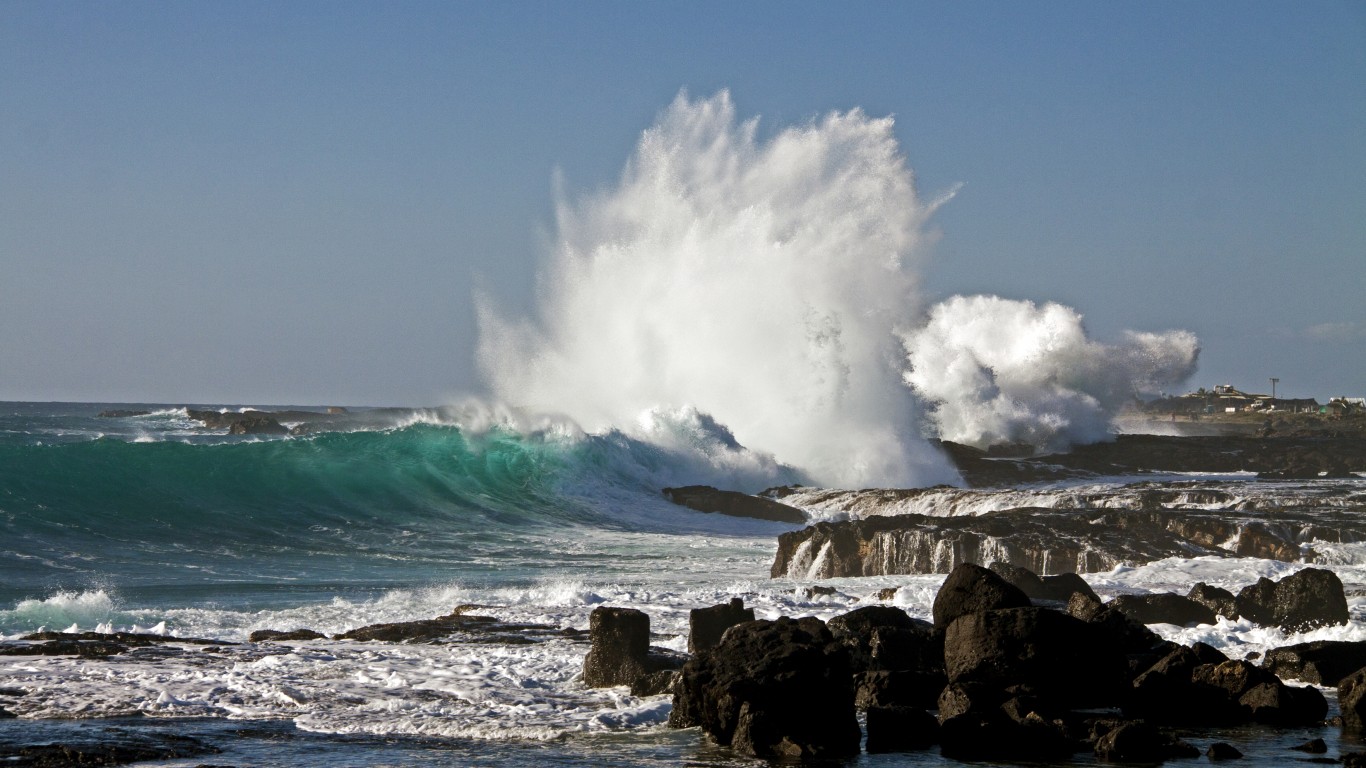Economy
Tesla troubles fuel EV opposition to Biden infrastructure bill

Published:

By David Callaway, Callaway Climate Insights
Tesla’s weak stock performance this year may be self-inflicted, but every damaging new revelation strengthens the opposition on Capitol Hill to the massive plan for electric vehicles in President Joe Biden’s infrastructure bill.
With legislators negotiating the bill in Washington, and cabinet members such as Janet Yellen this week going overseas to call for more climate infrastructure spending, the success of the administration’s EV strategy is still very much up in the air, as detailed in Bill Sternberg’s excellent column below.
Tesla shares (TSLA), already down a third this year, were whacked late Thursday after a scoop by The Information said its well-known customer service problems in China resulted in orders plunging there by half last month.
No doubt they will recover at some point, but as the celebrated face of the electric vehicle industry, at least for now, Tesla’s woes become amplified as signs of bigger issues in the emerging industry. Greater diversification among EV makers, such as Volkswagen (VLKAF), Nio (NIO), and Ford (F), not to mention the newer players in the market, cannot come soon enough.
More insights below. . . .
. . . . Much has been made about President Biden’s huge infrastructure spending plans, but a big part of the legislation’s efforts are tied to taxes, writes Bill Sternberg. Republican disdain for electric vehicles and Big Oil’s continued clout on Capitol Hill, while perhaps going against market forces, still threatens to derail any new tax incentives for the EV vehicle and charging revolution. . . .
. . . . Environmental activists and ESG investors aren’t the only ones celebrating last week’s big proxy and legal wins against major oil companies, writes Vish Gain from Dublin. Oil-heavy regimes such as Saudi Arabia and Russia are also encouraged, as any limitations on western oil companies will translate to money in the pockets of the big sovereign oil regimes. With demand for fossil fuels still strong across most of the world, the real loser in the coming changes might still be the environment. . . .
. . . . A surge in new “blue economy” products to encourage investing in cleaning up the oceans is being outpaced by massive polluting beyond our shores and ports, according to recent reporting. As a new European fund is announced this week, the state of the high seas remains the Wild West for shippers. Read more here. . . .
. . . . Another day, another prediction that the climate crisis could ignite a global financial crisis, but the adoption of risk practices by the biggest banks and insurers remains worryingly low. Read more here. . . .
The latest energy investment data shows that spending by some global oil & gas companies is starting to diversify.
Last year, only around 1% of the industry's investment went to clean energy, but recent trends suggest this may rise to 4% in 2021 ➡️ https://t.co/wC80rfbpLT pic.twitter.com/tg80B9sU2j
— International Energy Agency (@IEA) June 2, 2021
California officials are asking the EPA to allow California to set its own vehicle tailpipe pollution standards. The Associated Press reports the Biden administration has said it will withdraw Trump-era restrictions on state tailpipe emission rules and has moved to grant California permission to set more stringent pollution standards for cars and SUVs. That would give California greater leverage in discussions with automakers as states and federal officials seek a climate-friendly agreement on emissions standards. The AP notes at least 13 states and the District of Columbia have signed on to California’s vehicle standards and collectively, they represent 36% of the U.S. auto market.
May 2021 report by Scioto Analysis found that any one of three climate policies in Ohio — a renewable portfolio standard, cap-and-trade system, or a carbon tax — could have a major impact beyond the state, even helping society avoid up to $1 trillion in costs over the next 30 years, Kathiann M. Kowalski writes for Energy News Network. The Scioto report says the policies’ results signal cumulative societal benefits by 2050 ranging from low estimates of $650 billion to expected values of $850 billion to $920 billion, with high estimates of $1 trillion for all policy choices.
Climate change is making pests that ravage important agricultural crops even more destructive, heightening threats to global food security and the environment, a UN-backed study published on Wednesday has found. The scientific review looks at 15 plant pests that have spread or may spread due to climate change. Risks are increasing, the authors warn, with a single, unusually warm winter capable of providing conditions suitable for insect infestations. “The key findings of this review should alert all of us on how climate change may affect how infectious, distributed and severe pests can become around the world,” said Qu Dongyu, director-general of the UN Food and Agriculture Organization.
Thank you for reading! Have some feedback for us?
Contact the 24/7 Wall St. editorial team.